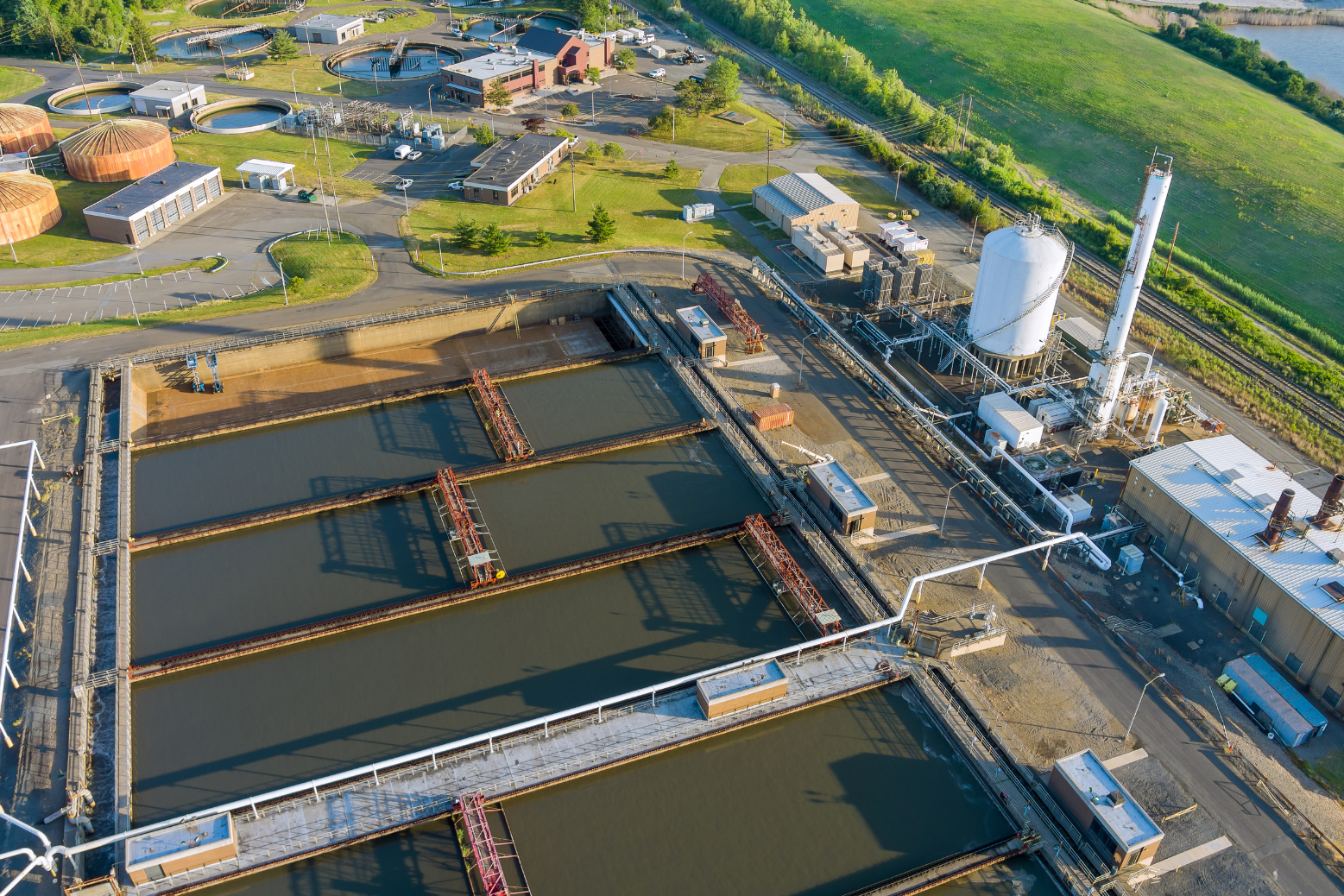
ZLD Water Treatment in Bangladesh
Zero Liquid Discharge (ZLD) water treatment is an increasingly important technology, particularly in regions facing water scarcity like Bangladesh. In wastewater treatment, wastewater is treated and purified to such an extent that virtually no liquid waste is discharged. This is achieved by recycling and reusing treated water while concentrating the remaining solids for disposal.
In Bangladesh, where water resources are often under pressure due to pollution and overuse, implementing ZLD systems can be beneficial for industries, municipalities, and other sectors producing significant amounts of wastewater. ZLD not only helps in conserving water resources but also reduces pollution by preventing the discharge of contaminants into water bodies.
Bangladesh's prominent industries, such as textiles, leather, and pharmaceuticals, can greatly benefit from ZLD systems to manage their wastewater sustainably. However, the implementation of ZLD systems requires significant investment in technology, infrastructure, and operational expertise. Government support and regulations play a crucial role in promoting the adoption of ZLD practices by providing incentives and enforcing environmental standards.
What is
ZLD in wastewater treatment?
ZLD stands for Zero Liquid Discharge, which is an advanced wastewater treatment process designed to eliminate liquid waste discharge from a system. In a ZLD system, virtually all wastewater is purified and recycled, leaving zero discharge as liquid waste. This is achieved through a combination of various treatment processes such as evaporation, crystallization, reverse osmosis, and other advanced separation techniques. ZLD systems are particularly important in industries where water conservation is critical or where the discharge of wastewater poses environmental risks.
A Comprehensive Overview of Zero Liquid Discharge (ZLD) Water Treatment in Bangladesh
Zero Liquid Discharge (ZLD) water treatment has gained significant attention globally due to its effectiveness in addressing water scarcity and environmental pollution issues. In the context of Bangladesh, where water resources are increasingly stressed due to pollution and overuse, implementing ZLD systems can be highly beneficial. Here's a comprehensive overview of ZLD water treatment in Bangladesh:
- Water Scarcity and Pollution in Bangladesh: Bangladesh faces significant challenges regarding water scarcity and pollution. Rapid industrialization, urbanization, and agricultural practices have led to the contamination of surface and groundwater sources. Additionally, the country's vulnerability to climate change exacerbates these issues, leading to increased salinity intrusion in coastal areas and water scarcity in inland regions.
- Applicability of ZLD in Bangladesh: Given the water scarcity and pollution challenges in Bangladesh, ZLD technology holds significant promise. Industries such as textiles, tanneries, pharmaceuticals, and chemical manufacturing generate substantial volumes of wastewater containing pollutants like heavy metals, organic compounds, and salts. Implementing ZLD systems in these industries can help mitigate water pollution and alleviate pressure on freshwater resources.
- Benefits of ZLD in Bangladesh: A zero liquid discharge (ZLD) system offers several benefits:
- Environmental Protection: ZLD systems eliminate the discharge of liquid waste into the environment, preventing pollution of water bodies, soil, and groundwater. This helps preserve ecosystems and reduces the impact on aquatic life.
- Compliance with Regulations: ZLD systems ensure compliance with stringent environmental regulations regarding wastewater discharge. By completely eliminating liquid discharge, companies can avoid fines, penalties, and legal issues associated with non-compliance.
- Water Conservation: ZLD systems enable the recovery and reuse of water from wastewater streams, reducing the demand for fresh water. This is particularly important in water-stressed regions or industries where water is a scarce resource.
- Resource Recovery: ZLD systems allow for the recovery of valuable resources such as minerals, salts, and metals from wastewater streams. These recovered materials can be reused or sold, providing economic benefits and reducing the need for raw material extraction.
- Cost Savings: Although the initial investment for implementing a ZLD system can be significant, it often results in long-term cost savings. By reducing water consumption, minimizing waste disposal costs, and recovering valuable resources, companies can achieve significant operational efficiencies and cost reductions over time.
- Improved Public Image: Adopting ZLD technology demonstrates a company's commitment to environmental stewardship and sustainability. This can enhance its reputation among customers, investors, and the general public, leading to increased trust and loyalty.
Overall, ZLD systems offer a sustainable solution for managing wastewater while maximizing resource recovery and minimizing environmental impact.
- Challenges and Considerations:
- Initial investment: The upfront capital and operational costs associated with ZLD systems can be significant, posing a challenge for industries, especially small and medium-sized enterprises.
- Technology Transfer and Capacity Building: Bangladesh may require assistance in technology transfer and capacity building to implement and operate ZLD systems effectively.
- Policy and Regulatory Framework: Developing robust policies and regulations to incentivize and enforce the adoption of ZLD technology is essential for its widespread implementation.
- Case Studies and Success Stories: Highlighting the successful implementation of ZLD systems in Bangladesh can serve as an inspiration and provide practical insights for other industries. Case studies demonstrating the economic, environmental, and social benefits of ZLD can encourage broader adoption.
- Future Outlook: The future of ZLD in Bangladesh depends on concerted efforts from government, industry, and civil society stakeholders. Continued research and innovation, coupled with supportive policies and financial incentives, can accelerate the adoption of ZLD technology and contribute to sustainable water management in the country.
Discover What
ZLD Water Treatment Can Do for Your Business in Bangladesh
Implementing Zero Liquid Discharge (ZLD) technology in Bangladesh can offer several benefits to businesses, particularly those operating in industries with high water usage and wastewater generation. Here's how ZLD can benefit businesses in Bangladesh:
- Compliance with Regulations: Bangladesh has environmental regulations governing wastewater discharge. ZLD ensures businesses meet these regulations by treating wastewater to a level where there's no discharge, thus avoiding fines and penalties.
- Water Conservation: Bangladesh faces water scarcity issues, exacerbated by population growth and industrialization. ZLD helps businesses recycle and reuse water, reducing their dependence on freshwater sources and contributing to sustainable water management.
- Cost Savings: While initially, investing in ZLD infrastructure may seem expensive, businesses can achieve long-term cost savings by reducing water consumption, minimizing discharge fees, and avoiding fines for non-compliance.
- Resource Recovery: ZLD processes can facilitate the recovery of valuable resources from wastewater, such as salts, minerals, and organic matter, which can be reused or sold, creating additional revenue streams for businesses.
- Risk Mitigation: ZLD helps mitigate the risk of environmental pollution and associated liabilities. By eliminating wastewater discharge, businesses can avoid the potential negative impacts on surrounding ecosystems and communities.
- Long-term Sustainability: Implementing ZLD aligns with the global trend towards sustainable development and environmental stewardship. It demonstrates a commitment to reducing the environmental footprint of operations, ensuring long-term viability and resilience in the face of changing regulatory landscapes and market demands.
- Enhanced Reputation: Adopting environmentally friendly practices such as ZLD can enhance a company's reputation as a responsible corporate citizen. Increased consumer loyalty, trust, and a favorable view of the brand can result from this.
Overall, adopting ZLD technology can be a strategic investment for businesses in Bangladesh, offering a pathway to regulatory compliance, cost savings, resource efficiency, and enhanced reputation in an increasingly environmentally conscious world.
Zero Liquid Discharge (ZLD)
Water Treatment Technology in Bangladesh
Implementing Zero Liquid Discharge (ZLD) water treatment technology in Bangladesh could be highly beneficial given the country's water scarcity and pollution challenges. ZLD technology ensures that no liquid waste is discharged from industrial processes, thus minimizing environmental impact and conserving water resources. Here's how ZLD could be applied in Bangladesh:
- Textile Industry: Bangladesh has a significant textile industry, which often generates large volumes of wastewater containing dyes, chemicals, and other pollutants. Implementing ZLD technology in textile factories can help recycle water, recover valuable chemicals, and prevent pollution of rivers and groundwater.
- Tanneries: Leather tanneries are another major source of water pollution in Bangladesh. ZLD systems can treat wastewater from tanneries, enabling them to reuse water and recover salts and chemicals used in the tanning process.
- Power Plants: Bangladesh is rapidly expanding its power generation capacity, often relying on thermal power plants that generate wastewater through cooling processes. ZLD technology can help power plants recycle water, reduce freshwater intake, and eliminate the discharge of wastewater into rivers or the sea.
- Municipal Wastewater Treatment: ZLD can also be applied to municipal wastewater treatment plants to minimize the discharge of treated effluent and promote water reuse for purposes like irrigation or industrial processes.
- Fertilizer and Chemical Industries: Industries producing fertilizers and chemicals often generate highly saline wastewater. ZLD technology can help these industries recover valuable salts and minimize environmental contamination.
Implementing ZLD technology in Bangladesh would require investment in infrastructure and technology, as well as regulatory support to enforce compliance with water quality standards. However, the long-term benefits in terms of water conservation, pollution reduction, and sustainable industrial growth could outweigh the initial costs. Collaboration between government agencies, industries, and technology providers would be essential to successfully adopt ZLD across various sectors in Bangladesh.
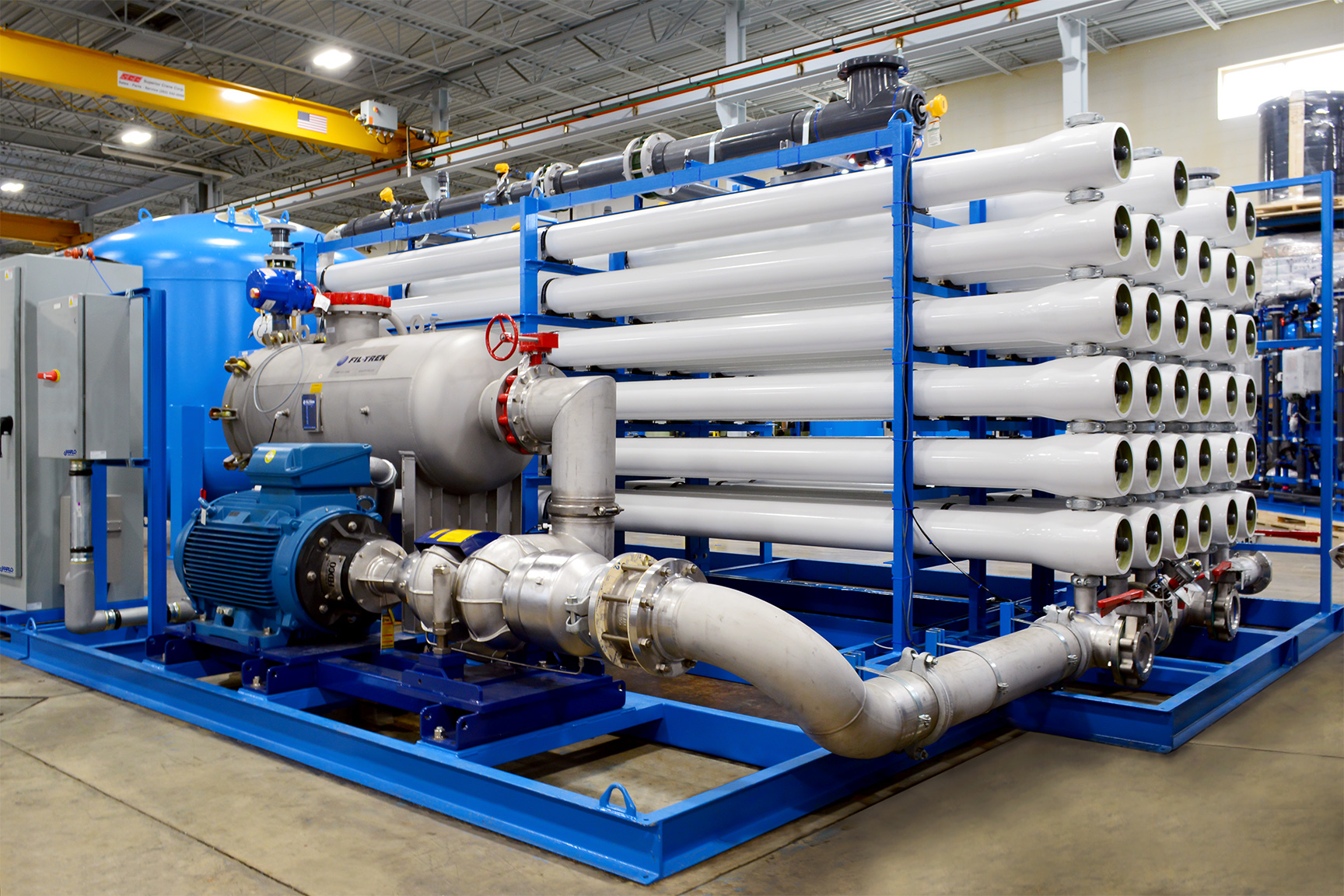
What is the government doing
to promote the adoption of ZLD water treatment practices in Bangladesh?
Bangladesh has been facing significant water pollution challenges, particularly from industrial effluents. The government has recognized the need for sustainable water management practices like Zero Liquid Discharge (ZLD) to address this issue. However, specific initiatives or policies focused solely on promoting ZLD adoption in Bangladesh might not be readily available.
Instead, the government has been working on broader environmental regulations and policies to tackle water pollution, which indirectly promotes ZLD practices. These efforts include:
- Environmental Laws and Regulations: Bangladesh has environmental laws and regulations in place to control industrial pollution. The Department of Environment (DOE) enforces these regulations, which require industries to treat their wastewater before discharge.
- Industrial Effluent Treatment Plants (ETPs): The government mandates industrial units to install Effluent Treatment Plants (ETPs) to treat their wastewater before discharge into water bodies. While ZLD might not be explicitly mandated, ETPs often employ technologies that align with ZLD principles.
- Awareness and Capacity Building: The government and various NGOs work to raise awareness among industries about the importance of sustainable water management practices, including ZLD. Capacity-building programs help industries understand the benefits and feasibility of ZLD technologies.
- International Cooperation and Funding: Bangladesh often receives support from international organizations and donor agencies for environmental projects. Some of these projects focus on improving water quality and promoting sustainable water management practices, which could include ZLD.
- Research and Development: The government might support research and development efforts aimed at improving water treatment technologies, including ZLD. Collaborations with academic institutions, research centers, and private businesses may be necessary for this. Collaborations with academic institutions, research centers, and private businesses may be necessary for this.
- Incentives and Subsidies: Incentive schemes or subsidies might be provided to industries adopting environmentally friendly practices, including ZLD. These could include tax breaks, grants, or reduced tariffs for utilities.
- Public-Private Partnerships: Collaborations between the government, private sector, and civil society organizations can facilitate the adoption of ZLD practices by sharing expertise, resources, and technologies.
While ZLD adoption might not be explicitly highlighted in government initiatives, the broader efforts to improve water quality and environmental sustainability in Bangladesh create an environment conducive to the adoption of such practices.
What is the
cost of implementing ZLD systems in Bangladesh?
The cost of implementing Zero Liquid Discharge (ZLD) systems in Bangladesh can vary significantly depending on factors such as the scale of the operation, the complexity of the industrial processes involved, the technology used, and the specific requirements of the site. ZLD systems are designed to eliminate liquid waste by recovering and reusing water and treating the remaining concentrate to achieve zero discharge.
In Bangladesh, where water pollution is a significant concern due to industrial activities, implementing ZLD systems can be a critical step toward mitigating environmental impact. However, the cost of such systems can be substantial, particularly for industries with high water usage and complex waste streams.
The cost can include expenses related to:
- Technology: This includes the cost of the ZLD equipment itself, such as evaporators, crystallizers, membranes, and other treatment technologies. The selection of technology depends on the characteristics of the wastewater and desired treatment outcomes.
- Engineering and Design: Designing a ZLD system tailored to the specific needs of an industry requires expertise in engineering and process design. This involves site assessment, process optimization, and system integration.
- Construction: Building the infrastructure to house the ZLD system, including civil works, piping, and installation of equipment.
- Operation and Maintenance: Ongoing costs associated with operating the ZLD system, including energy consumption, chemical usage, labor, and maintenance.
- Regulatory Compliance: Costs related to obtaining permits, complying with environmental regulations, and monitoring and reporting on wastewater discharge.
- Environmental Impact Assessment: Depending on the scale and nature of the project, conducting an environmental impact assessment may be necessary, which incurs additional costs.
Without specific project details, it's challenging to provide an accurate cost estimate. However, ZLD systems are generally considered a significant investment but can offer long-term benefits such as reduced water consumption, minimized environmental impact, and potential cost savings through resource recovery. It's advisable for industries considering ZLD implementation to conduct a thorough cost-benefit analysis and engage with experienced engineering firms specializing in water treatment to assess the feasibility and cost-effectiveness of such systems for their operations.
In conclusion, Zero Liquid Discharge (ZLD) water treatment presents a promising solution to address water scarcity and pollution challenges in Bangladesh. By implementing ZLD systems, industries can minimize their environmental footprint, enhance water security, and contribute to the sustainable development of the country. However, overcoming challenges such as cost, technology transfer, and regulatory frameworks will be essential to realizing the full potential of ZLD water treatment in Bangladesh.
Technology for a
Sustainable Future
Kingsley™ focuses on long term & sustainable future with a reliable technology.
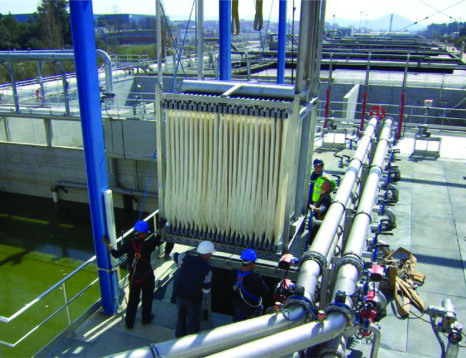
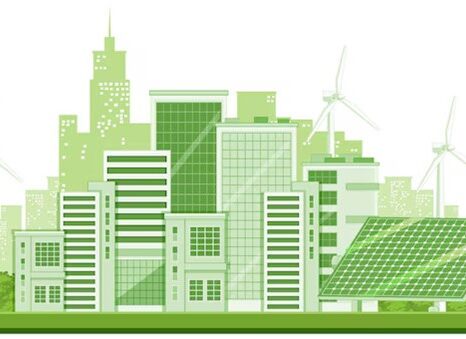




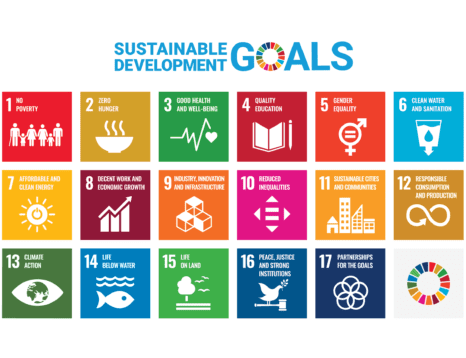



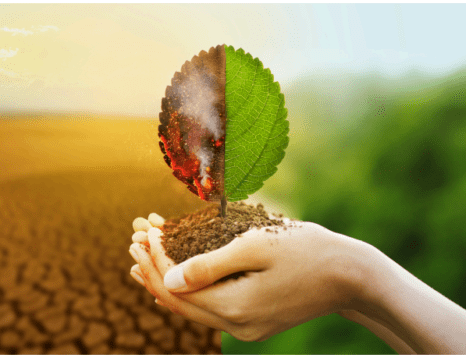
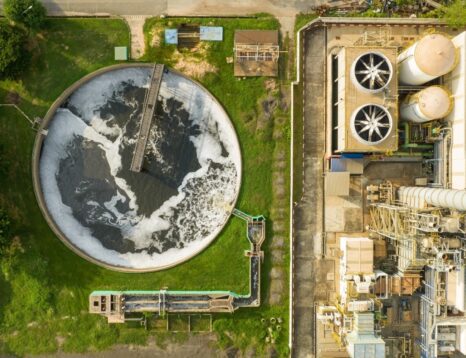

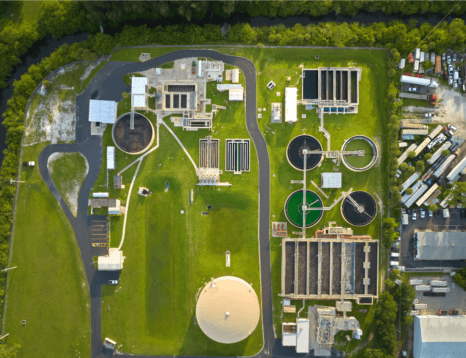
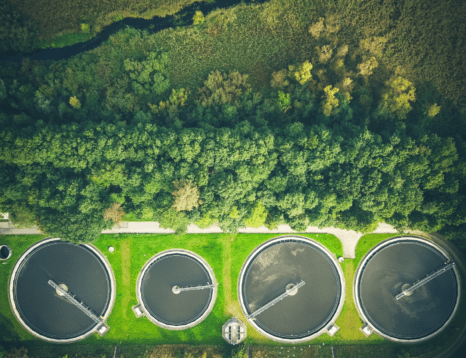
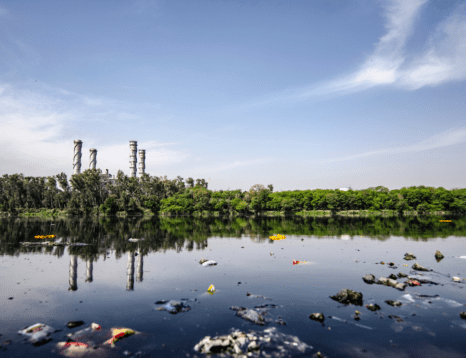
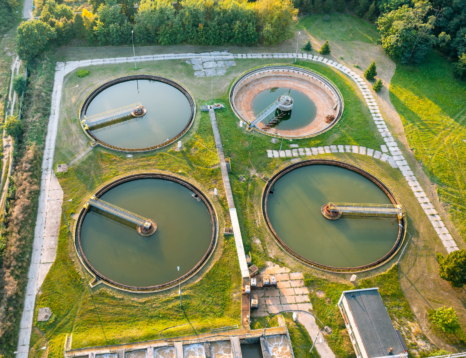
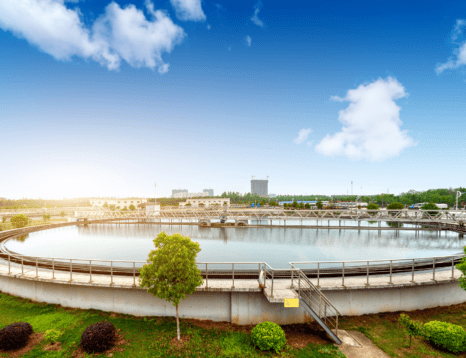
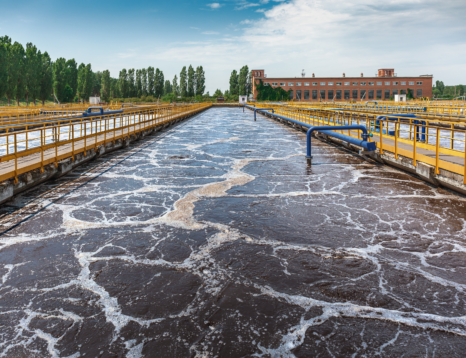
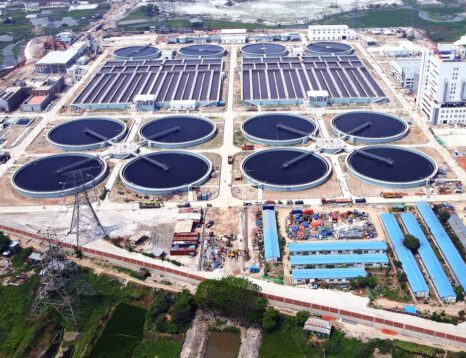
You must be logged in to post a comment.